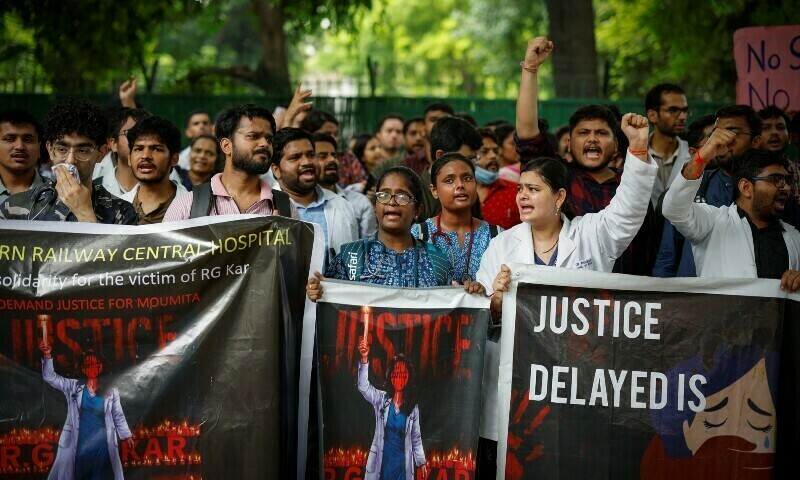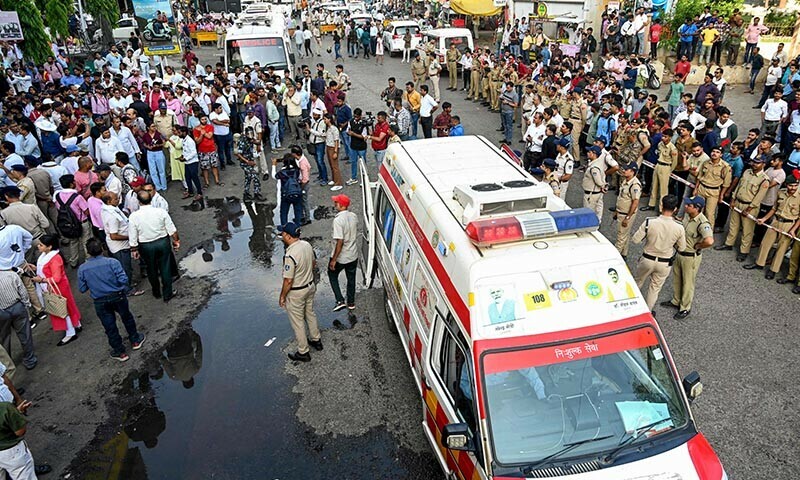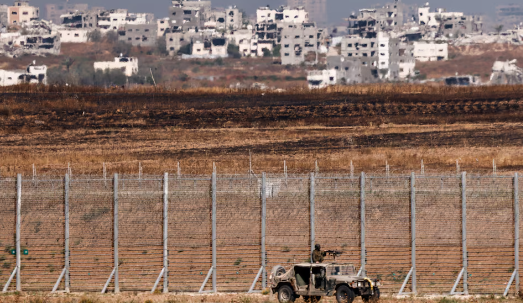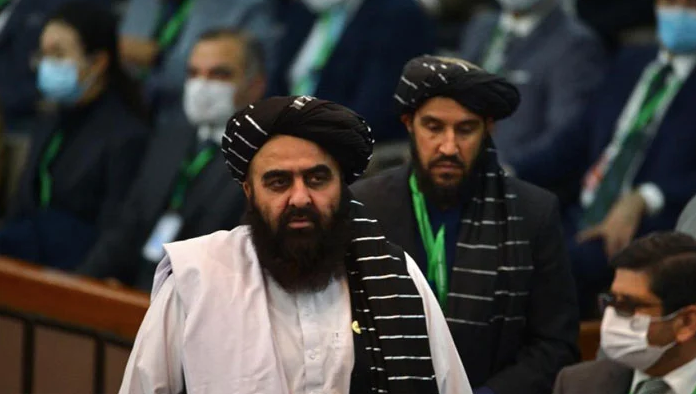WORLD NEWS

Sanjoy Roy, the man convicted of the brutal rape and murder of a 31-year-old Indian doctor, was sentenced to life imprisonment on Monday, a ruling that has sparked widespread outrage across the country. The family of the victim, whose gruesome killing in August 2024 shocked the nation, expressed their dismay at the sentence, hoping for a death penalty.
The trial was fast-tracked after the murder of the young medic, who was found in a bloodied state at a government hospital in Kolkata, leading to nationwide protests and hospital strikes. Doctors, healthcare workers, and citizens demanded justice for the horrific crime, which they believed highlighted the deep-rooted issues of violence against women in India.
Roy, a 33-year-old former civic volunteer at the hospital, was arrested within 24 hours of the discovery of the body. The case attracted significant media attention and led to calls for increased security measures for healthcare workers, as well as better protection for women in general.
Despite the brutality of the crime, Judge Anirban Das ruled that the case did not meet the criteria for the death penalty, stating it was not “the rarest of the rare cases.” As a result, Roy was sentenced to spend his life behind bars.
The victim’s family, who had hoped for a death sentence, expressed their shock and disappointment at the ruling. The victim’s father, visibly distraught, vowed to continue fighting for justice. “We will not let investigations stop,” he said, emphasizing the family's resolve.
The murder had a profound impact on the medical community, leading to protests by doctors across India. Thousands of citizens joined these protests, calling for better safety measures for healthcare professionals. The brutality of the crime prompted India’s Supreme Court to order the creation of a national task force to examine security protocols for healthcare workers.
Roy, who pleaded not guilty, maintained his innocence in court, claiming he was “framed.” His defense lawyer argued that he was “not mentally stable” and indicated plans to appeal the verdict.
Public sentiment following the ruling was one of frustration. Thousands of people gathered outside the court, chanting for the death penalty. Rimjhim Sinha, a prominent organizer of protests for women’s safety, expressed her anger at the sentence, calling the crime “diabolical” and urging India to take stronger action against sexual violence.
Aniket Mahato, a spokesman for junior doctors who had organized strikes last year demanding improved security for healthcare workers, shared the general disillusionment, stating, “Justice has not been delivered.”
This case comes just years after the infamous 2012 Delhi gang rape, which similarly sparked nationwide protests over the rampant violence against women in India. Despite the country’s laws imposing the death penalty, such sentences are rarely carried out. The last executions were in 2020 for the four men convicted in the 2012 Delhi bus attack.
As the battle for justice continues, the sentencing has reignited calls for stronger measures to address sexual violence and improve safety for women and healthcare workers across the nation.




